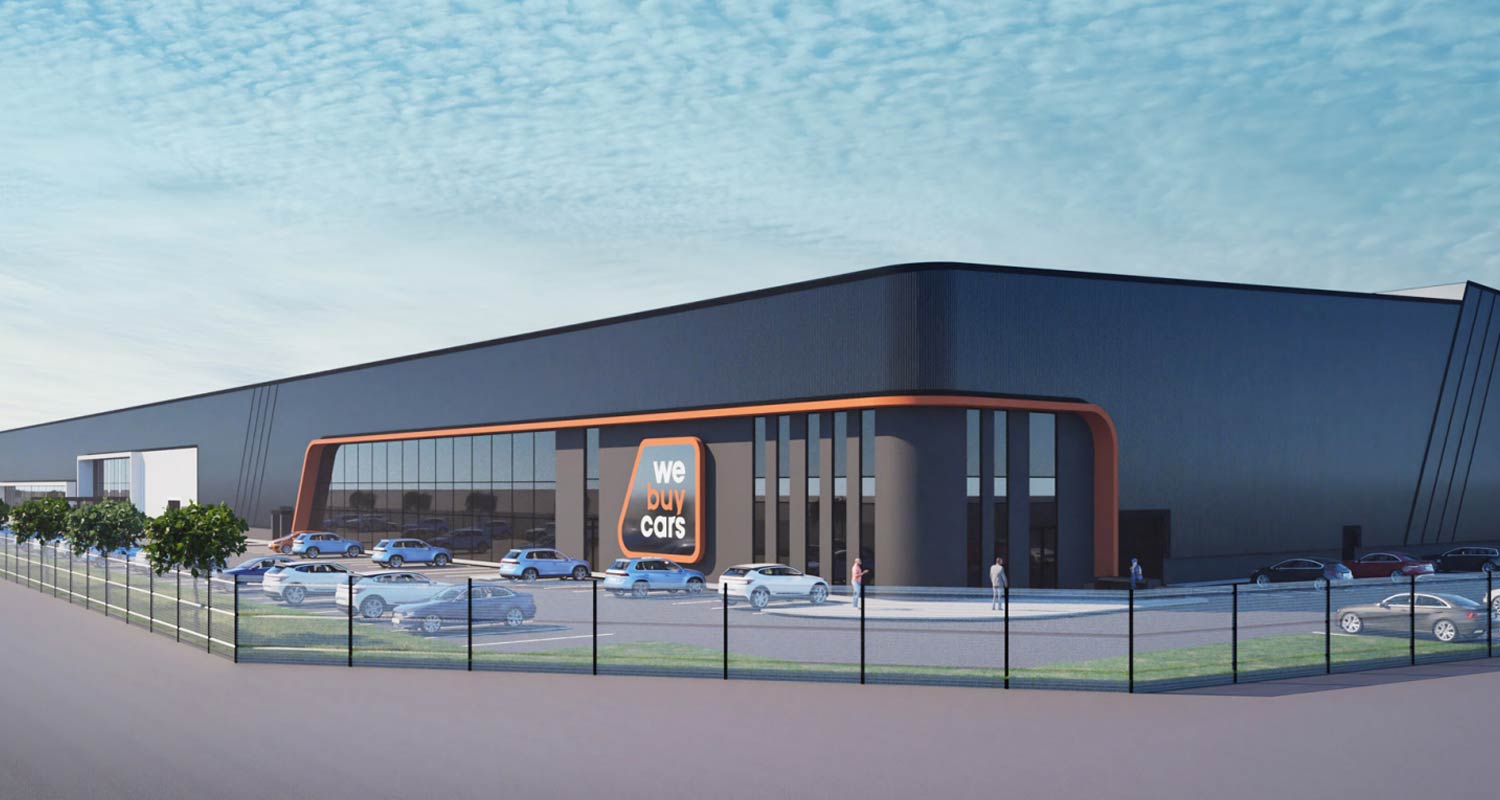South African consumers have all but turned their backs on electric vehicles – so far, at least – and the impact on the used-car market is impossible to ignore.
Speaking in an interview with TechCentral on Monday following publication of the group’s annual results to 30 September 2025, WeBuyCars CEO Faan van der Walt said local demand for EVs is so weak that second-hand EV prices are deteriorating faster than almost any other vehicle category.
“We see it very clearly,” he said. “There is virtually no appetite for used EVs in South Africa. The gap between new EV enthusiasm from manufacturers and what buyers want on the ground is widening, and that’s pulling second-hand prices down dramatically.”
While global markets are experiencing a correction in EV pricing, South Africa may be dealing with a deeper issue: structural disinterest. High electricity prices, historical load shedding, limited charging infrastructure, high insurance premiums and a lack of trust in long-term battery health are combining into a potent deterrent.
For WeBuyCars, which moves more than 170 000 vehicles a year, the sentiment reflects directly in its sales data. “We are seeing very little movement in used EV stock,” said Van der Walt. “Even when the price is attractive, consumers gravitate to petrol or diesel. Hybrids do better, but EVs? The market simply isn’t there.”
While EVs battle to find traction, another phenomenon is transforming the South African car landscape: the rise of Chinese brands such as Chery, Haval, Omoda, Jaecoo and BYD. Their aggressive pricing, the vehicles’ more advanced technological underpinnings and rapid model introductions are already rippling across the second-hand market.
Tech backbone
He said Chinese car makers are injecting large volumes of affordable new cars into the market, expanding choice. This is good for consumers but places downward pressure on used car prices, especially in the segment where competition is fiercest: vehicles costing between R300 000 and R500 000.
Despite the market turbulence, Van der Walt believes WeBuyCars’ technological backbone is helping it navigate the market changes. The company is investing heavily in AI-driven valuation models, predictive pricing and data analytics that process thousands of historical transactions.
“We’ve always been a data company disguised as a car company,” he said.
Read: ‘We need decisions now’ on South Africa’s EV future: BMW
WeBuyCars uses machine learning to detect pricing patterns, forecast demand and optimise vehicle routing between branches nationwide. Computer vision is also beginning to play a bigger role in vehicle assessments, from identifying bodywork inconsistencies to analysing interior condition.
One of the strongest signals of this shift is the company’s decision to elevate a senior technology leader, Wynand Beukes, to the role of deputy CEO. Managing expansion, logistics, algorithmic pricing, online marketplaces and customer platforms required someone who deeply understood both the business mechanics and the underlying tech stack.
 Despite the pressure from the Chinese manufacturers, WeBuyCars delivered decent results for the year to 30 September 2025, with revenue up 13.1% to R26.4-billion and core headline earnings rising 15% to R937.6-million. Volumes grew solidly, with 180 576 vehicles bought and 179 006 sold, despite a weak economy and intensified competition from fast-growing Chinese brands.
Despite the pressure from the Chinese manufacturers, WeBuyCars delivered decent results for the year to 30 September 2025, with revenue up 13.1% to R26.4-billion and core headline earnings rising 15% to R937.6-million. Volumes grew solidly, with 180 576 vehicles bought and 179 006 sold, despite a weak economy and intensified competition from fast-growing Chinese brands.
Earnings per share increased more modestly due to new shares issued ahead of the 2024 JSE listing. The group continued expanding its national footprint and invested heavily in technology and capacity. A final dividend of 30c/share was declared, bringing the full-year payout to 60c. – © 2025 NewsCentral Media
Get breaking news from TechCentral on WhatsApp. Sign up here.



